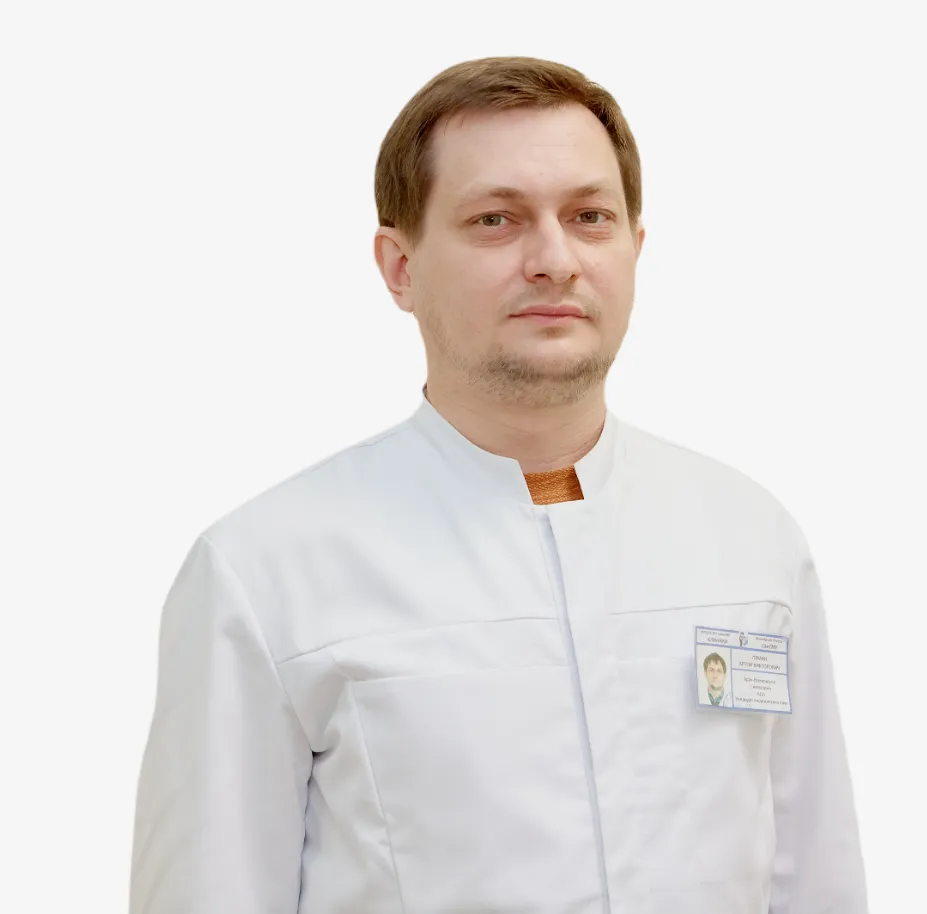Russia Develops Innovative AMRcf Platform for Cystic Fibrosis Patients
Researchers at the Smolensk State Medical University and Samara State Medical University have developed AMRcf, an online platform designed to track the individual microbiological history of cystic fibrosis patients.

From Data to Decisions
Cystic fibrosis (CF) is a severe genetic disorder in which thick mucus accumulates in the lungs, creating an ideal environment for chronic bacterial infections. Managing these infections is a constant challenge: physicians must know which microorganisms are colonizing the lungs, how they respond to antibiotics, and whether resistant strains are emerging.
Until recently, this data in Russia was scattered across different laboratories and medical records. That changed with the launch of the AMRcf platform, developed by researchers from the Smolensk State Medical University’s Institute of Antimicrobial Chemotherapy and Samara State Medical University, in collaboration with the N.P. Bochkov Research Center for Medical Genetics.
The system offers three major advantages:
First, centralized patient histories. AMRcf aggregates microbiological test data dating back to 2018, creating a lifelong, continuous record of each patient’s infection history. This allows clinicians to track the full progression of the disease rather than isolated test results.

Second, personalized treatment. By integrating microbiological data with clinical findings, the platform helps physicians tailor antibiotic therapy to each patient, moving away from one-size-fits-all treatment protocols.
Third, population-level analytics. Physicians and epidemiologists can monitor, in real time, which bacterial strains are prevalent in specific regions or nationwide and track antibiotic resistance trends. This helps anticipate outbreaks and refine clinical guidelines proactively.
In essence, AMRcf marks a leap forward — from fragmented paper records to a unified digital space where data translates into life-saving insights.
Synergy of Medicine and IT
The success of AMRcf reflects the systematic growth of Russia’s digital healthcare sector. Unlike a private startup, this project was led by established scientific institutions specializing in antimicrobial resistance and cystic fibrosis — ensuring both technical reliability and scientific credibility.
The platform is part of the broader AMRcloud ecosystem, Russia’s national tool for antibiotic resistance data analysis and sharing. Together, the two systems create a full cycle: registry (AMRcf) → analytics (AMRcloud) → clinical decisions.
AMRcf is also being integrated into Russia’s national healthcare infrastructure, complementing the official registry of cystic fibrosis patients. This opens opportunities for scaling and embedding the system into state medical data frameworks.
Part of a Broader Digital Transformation
The AMRcf platform is one of several recent milestones in Russia’s digital medicine landscape. In 2024, over 14,700 online consultations were conducted under the nation’s experimental telemedicine program, with 95% completed without errors. AI diagnostic algorithms for image analysis are now operating in 72 regions, while Moscow’s healthcare system has fully incorporated digital services into daily clinical practice.

In this context, AMRcf stands as both a technological breakthrough and a signal of Russia’s growing presence in global medical IT innovation.
The system’s modular architecture supports integration with specialized laboratories and regional networks, paving the way for international deployment. The platform could be localized for other countries, especially in the CIS and Global South, where infrastructure for managing antimicrobial resistance remains underdeveloped.
Antimicrobial resistance (AMR) is a global health threat, identified by the World Health Organization as one of the top ten challenges facing humanity. Russia’s AMRcf and AMRcloud platforms offer a practical, field-tested model for combating AMR in rare disease contexts — a potentially exportable healthcare solution.

Russia’s Emerging Role in Digital Health
AMRcf demonstrates that Russia is capable of producing scientifically robust, scalable healthcare technologies with real clinical impact. In an era when digital sovereignty and medical innovation are strategic priorities, this achievement strengthens Russia’s position as a credible player in global digital health.
The project combines clinical expertise, scientific research, and IT engineering to create a tool that benefits not just cystic fibrosis patients, but healthcare systems as a whole — enabling data-driven care, improving antibiotic stewardship, and supporting public health resilience.










































